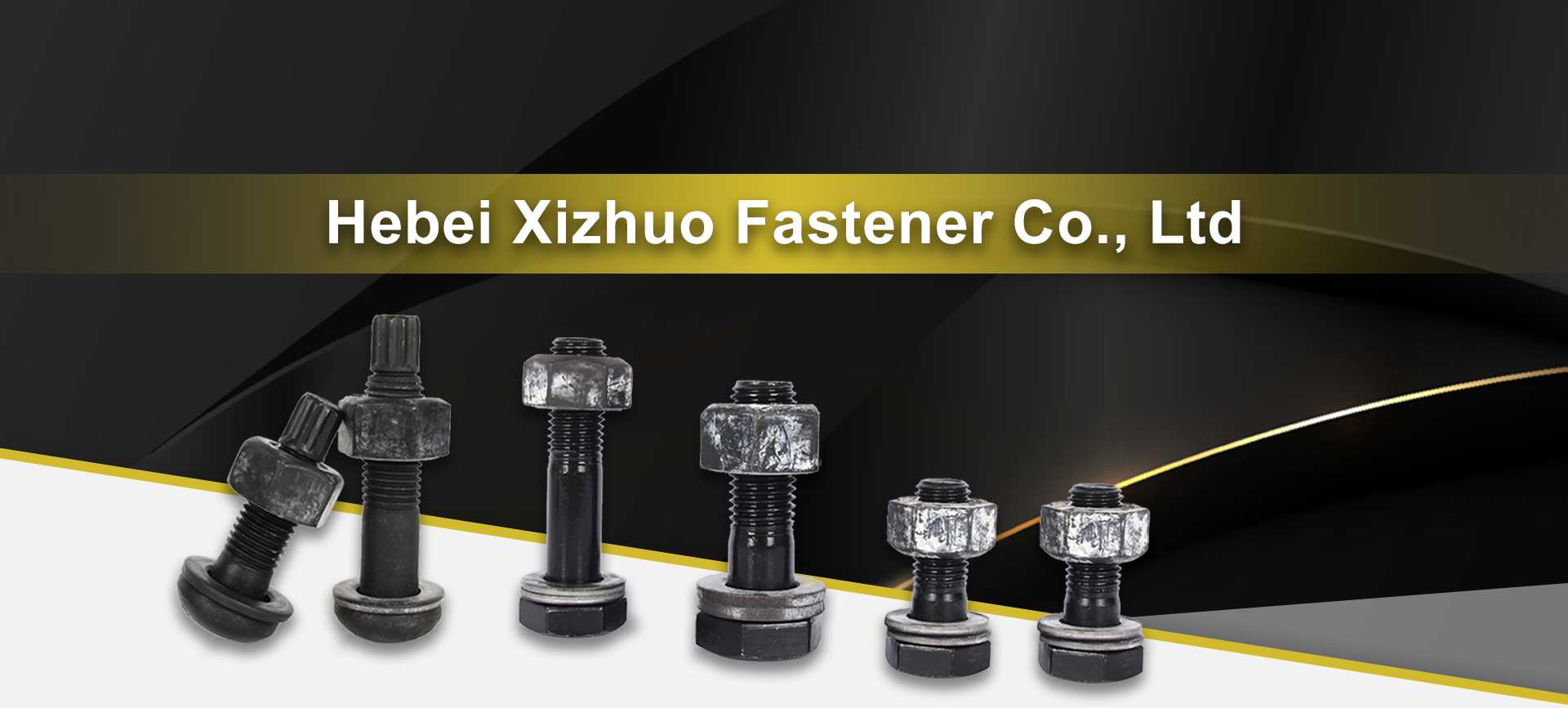Exploring the Innovative Aspects of Double Threaded Studs in Modern Engineering Applications
Understanding Double Threaded Studs A Comprehensive Overview
Double threaded studs are specialized fastening components widely used in various engineering applications. These studs are characterized by threads running along both ends, creating distinct zones for securing components on either side. This specialized design provides enhanced stability and load-bearing capabilities, making them essential in numerous industries, from construction to automotive and aerospace.
Design and Structure
The fundamental geometry of a double threaded stud consists of a central shaft with threads extending from both ends. The threads can be of different sizes or pitches, allowing for versatility in applications. The central unthreaded section, often referred to as the shank, provides a smooth surface for proper alignment and load distribution. Double threaded studs can be produced in various materials, including stainless steel, carbon steel, and alloys, each chosen based on the specific demands of the application, such as corrosion resistance and strength.
Applications
Double threaded studs are utilized in a range of applications where strong and secure connections are essential. In construction, they are employed to anchor beams and support structures, providing the necessary strength to withstand heavy loads. In the automotive industry, they are commonly found in engine components and suspension systems, where reliability and performance are critical. Aerospace applications also benefit from double threaded studs, as the rigorous demands for safety and durability require fastening solutions that can endure extreme conditions.
Installation and Use
double threaded stud

Installing double threaded studs requires precision to ensure optimal performance. Typically, the stud is inserted into a pre-drilled hole, with one of the threaded ends exposed for tightening with a nut. It is crucial to align the components correctly to avoid undue stress, which could lead to failure. Proper torque specifications must be followed to ensure that the stud is not over-tightened, which can cause thread damage, or under-tightened, which can result in joint failure.
Advantages
One of the significant advantages of using double threaded studs is their enhanced load distribution capabilities. By providing threads on both ends, they allow for more even stress distribution across the bolted joint, minimizing the risk of localized failures. Additionally, double threaded studs facilitate easy assembly and disassembly, making maintenance and repairs more manageable, a crucial factor in industries where downtime must be minimized.
Considerations
While double threaded studs offer numerous benefits, engineers and designers must consider several factors when choosing the appropriate fastening solution. The material selection is critical; the stud must be compatible with the materials it interfaces with to prevent galvanic corrosion. The environment in which the stud will be used also plays a vital role, as factors like temperature and exposure to chemicals can affect the stud's performance and longevity.
Conclusion
In summary, double threaded studs are a vital component in various engineering applications, providing reliable and robust fastening solutions. Their unique design allows for efficient load distribution and ease of use in assembly and maintenance processes. As industries continue to evolve and push the boundaries of engineering, the importance of such components will only grow, underscoring the role that double threaded studs play in ensuring safety, reliability, and performance across multiple sectors. Understanding their features, advantages, and proper application is essential for any engineer or designer seeking to create safe and efficient systems.
-
Weatherproof Plastic Expansion Anchors for OutdoorЖаңалықтарJun.06,2025
-
Sustainability in the Supply Chain: Eco-Friendly TEK Screws ProductionЖаңалықтарJun.06,2025
-
Load-Bearing Capacity of External Insulation FixingsЖаңалықтарJun.06,2025
-
Double Head Bolts: Enhancing Efficiency in Industrial MachineryЖаңалықтарJun.06,2025
-
Corrosion Resistance in Chipboard Screws: Coatings for Wholesale DurabilityЖаңалықтарJun.06,2025
-
Butterfly Toggle Bolts : Enhancing Structural ResilienceЖаңалықтарJun.06,2025
